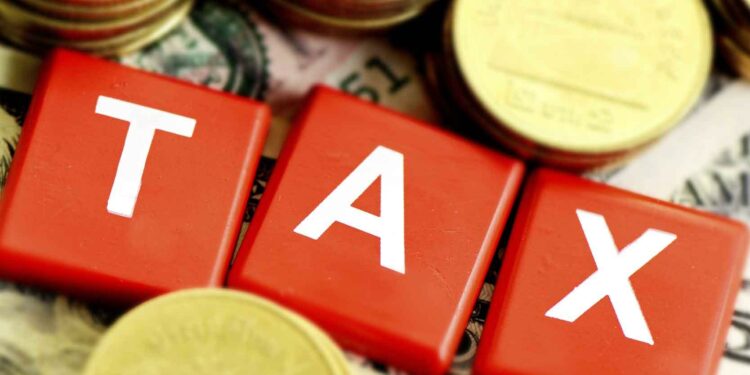
Ghana’s tax-to-GDP ratio, while comparable to that of other sub-Saharan African nations, remains below the global average for lower middle-income countries, according to the latest Survey of the Ghanaian Tax System.
The report, jointly produced by the Finance Ministry and TaxDev researchers from the UK’s Institute for Fiscal Studies, shows that Ghana ranked 16th out of 28 lower middle-income countries in 2022, with a tax-to-GDP ratio of 13.8%.
This falls short of the government’s target of 18-20% by 2027.
Per the Survey, despite a six percentage point rise in the tax-to-GDP ratio since 2000, gains have been limited in recent years.
The survey attributes much of the revenue growth since 2000 to corporate and personal income taxes, along with VAT-type taxes, which together accounted for nearly 70% of total tax collections in 2022, up from 57% at the start of the century.
However, growth in revenue from personal income tax (PIT) and VAT has slowed recently.
Also, the contribution of international trade taxes has also diminished. In 2022, taxes on imported goods accounted for 33% of total revenue, compared with 54% in 2000.
Import duties specifically contributed 13% of overall tax revenue in 2022, down from 18% in 2000, signalling a shift away from reliance on trade taxes as the main source of government income.
Disclaimer: Ahotoronline.com is not liable for any damages resulting from the use of this information
Norvanreports




